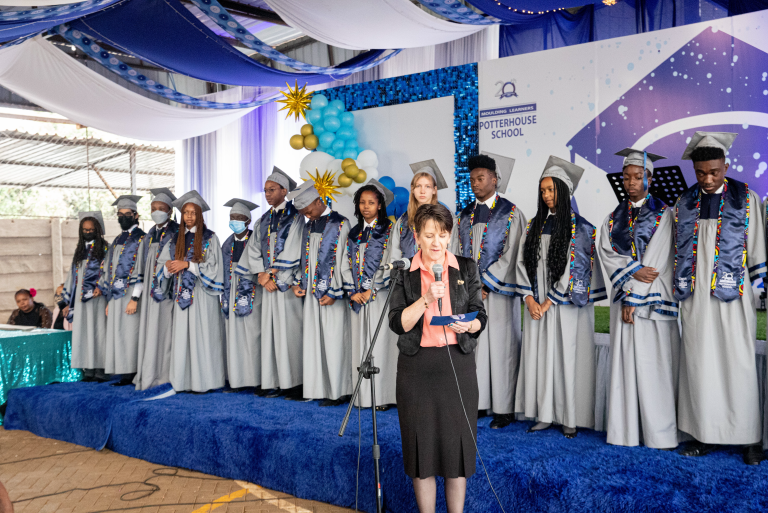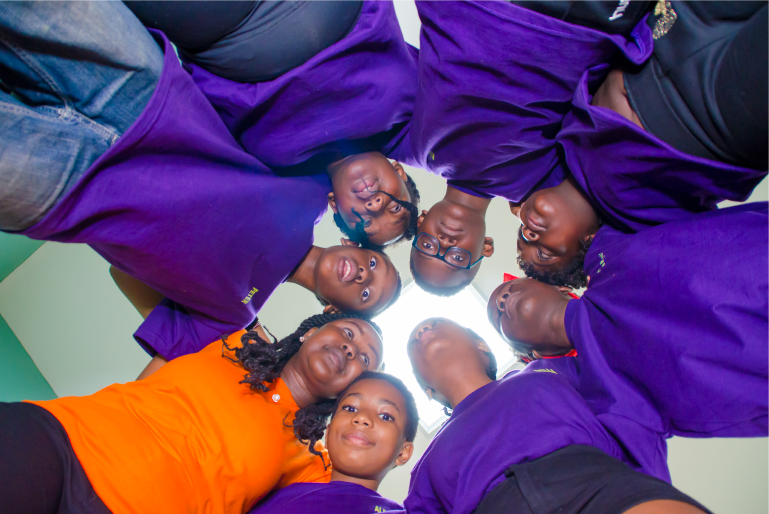
Who we are
Potterhouse School was established in the year 2002. The establishment of an international school in Runda was propelled by an underlying Christian philosophy of life - a philosophy having its root and reason in God, as revealed in Scripture. Today, the school attracts pupils from different nationalities and backgrounds providing a rich diversity of culture and experience.

What we do
At Potterhouse School, we follow an adapted form of the British National Curriculum. This means that throughout the Primary School, up to and including Year 8, students study the set national curriculum subjects, including Mathematics, English, Science, Geography, History, Art, Physical Education, Music, a modern Foreign Language and ICT.
Our Curriculum
At Potterhouse, we follow an adapted form of the British National Curriculum. This means that throughout the Primary School up to and including Year Eight students study the set national curriculum subjects, including Mathematics, English, Science, Geography, History, Art, Physical Education, Music, a modern Foreign Language and ICT.
In Year Nine pupils undertake a pre-IGCSE year of study, and in Year’s Ten and Eleven students follow a two year course leading to the International General Certificate of Secondary Education (IGCSE) examinations. If a student achieves 5 good C grade passes at this level they can then go on to study for the Advanced Level General Certificate of Education (A-levels) which are considered a gold standard for entry to universities worldwide. Throughout their schooling, all students also follow a course in Physical Education although this is not an examined subject.
At Potterhouse we differ from the British National Curriculum in the following ways:
Our students have the option to study two languages in addition to English. These are French and Kiswahili. We teach Physics, Chemistry and Biology as separate subjects to IGCSE, whereas in the UK some schools offer a combined science course.
In the primary section of the school students take tests in English, Mathematics and Science at various stages. In addition they undertake a major examination at the end of Year 9 to mark the transition to Secondary School for Year 10 at age 13+. Such testing allows us to monitor pupil standards and to track individual progression in learning.
Parents are sometimes uncertain when comparing the Kenyan KCPE/KCSE system to the British system. This confusion is not helped by the fact that at Potterhouse we follow a northern hemisphere academic year, from September to July, while the Kenyan system runs from January to December.
Most students who join Potterhouse from the Kenyan system do so after their KCPE. Students joining us after KCPE would typically enter Year 9 depending on their KCPE total marks. These students will have missed a term (because our school year begins in September), but our teachers are used to helping students catch up. Experience has shown that these students can go on to achieve outstanding results in that particular key stage.
The table included below clarifies the crossover from the Kenyan 8-4-4 system to the British system, although this can only be viewed as a rough guide as many individual circumstances affect which class a student may be placed in.
